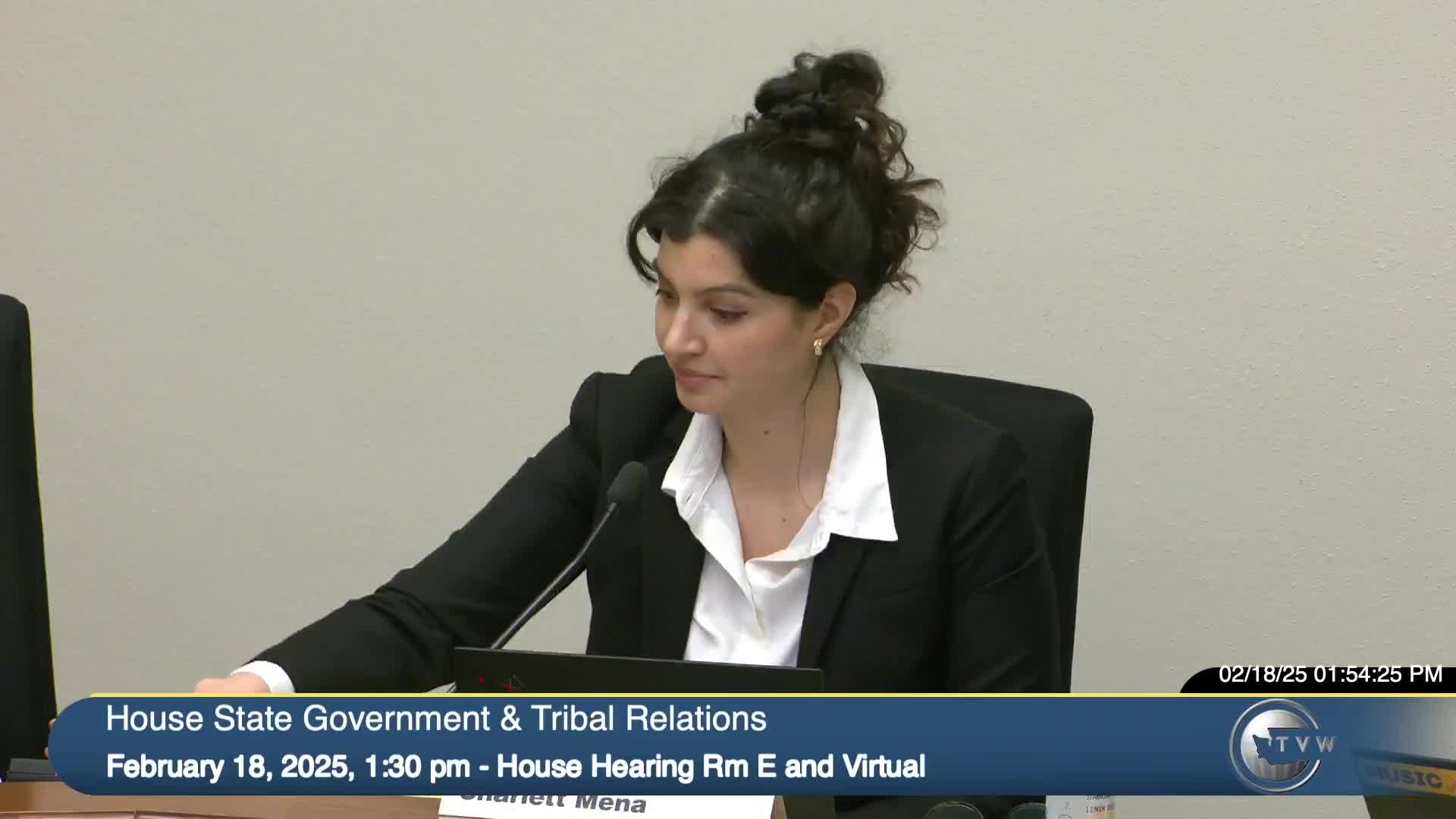Bill would broaden redactions in employment‑investigation records; Spokane Valley dispute drives testimony
Get AI-powered insights, summaries, and transcripts
Subscribe
Summary
The committee heard public testimony on HB 1934, a bill that would expand redactions in public disclosure of employment‑investigation records to include photos, job titles, email addresses, phone numbers and altered audio.
House Bill 1934 returned to the Environment, Energy & Technology Committee for public testimony on a proposal to expand redactions in investigative records relating to workplace harassment or discrimination.
Under current practice, staff said the Public Records Act allows agencies to withhold investigative records while an investigation is ongoing and to redact the names of complainants, accusers and witnesses when disclosing those records after an investigation concludes. Committee staff explained HB 1934 would require agencies to redact additional identifiers — including images, agency job titles, email addresses and phone numbers — and to alter recorded voices while “retaining the inflection and tone” before releasing audio excerpts.
Supporters who spoke in committee said the change would protect employees from retaliation and encourage witnesses to participate in investigations. Patricia Rhodes, a City of Spokane Valley employee, said a council member posted interview transcripts online and that staff were targeted on social media; she testified the bill would “further protect the privacy of accusers and witnesses from retaliatory behavior whilst providing the public relevant information.” City HR Director John Whitehead and City Attorney Kelly Conkray also urged the committee to advance the bill, saying current redactions can leave staff identifiable and deter future reporting.
Labor and employee advocates voiced similar concerns. James Trefry, general counsel for AFSCME Council 2, said his union had sought injunctive relief in a Spokane Valley case because released context made it possible to identify employees and resulted in retaliation.
Not all witnesses supported the bill. Brady Hornstein, a former state employee who said he had been retaliated against, testified in opposition. Hornstein said the Public Records Act had been the tool that allowed him to prove retaliation and warned HB 1934’s voice‑alteration and redaction requirements are underspecified and could be used to conceal evidence.
Committee members and counsel asked multiple clarifying questions about the bill’s scope and the balance between transparency and witness safety. Supporters said the measure is not intended to conceal allegations or outcomes; attorneys noted litigation and discovery processes can still provide identifying information to parties in legal proceedings.
Why it matters: Supporters argued the change would reduce retaliation risks for employees who cooperate with investigations. Opponents said the proposal could impede accountability and complicate records management unless technical standards or limits are clarified.
Next steps: The committee closed the public hearing after a roster of in‑person and remote witnesses. No formal vote was taken during the hearing.
